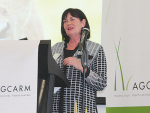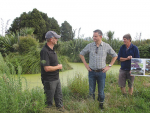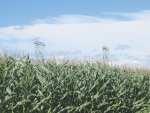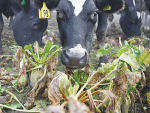Displaying items by tag: DairyNZ
Farming systems to go – DairyNZ
Environment minister David Parker has told DairyNZ he wants action fast on water quality, says Carol Barnao, DairyNZ general manager policy and advocacy.
Attracting the best staff
Getting good staff is a big challenge faced by dairy farming businesses. But are we doing enough as employers to create environments where good people want to work?
Are you compliant with the new rules?
Chance for farmers to take leadership on climate change
Reducing onfarm emissions is a challenge facing all farmers, not just dairy. In fact, it is one of the biggest challenges facing the food producing sector worldwide.
Kale stands up well to drought
Maize can make the difference
Attracting good staff: what sets you apart?
We all know how hard it can be to attract quality staff, and how great it is when you find someone that works hard, knows their stuff and has the right attitude.
Cloud over fodder beet long-term
Farm veterinarians are struggling with the emerging health effects of long-term fodder beet use on dairy farms, says DairyNZ senior scientist Dawn Dalley.
Greenhouse gas course a hit with advisors
Mad mother nature
‘Bizarre’ is how DairyNZ’s general manager for extension, Andrew Reid, describes the current season with its weird mixture of floods and droughts in regions that normally don’t get these conditions.











